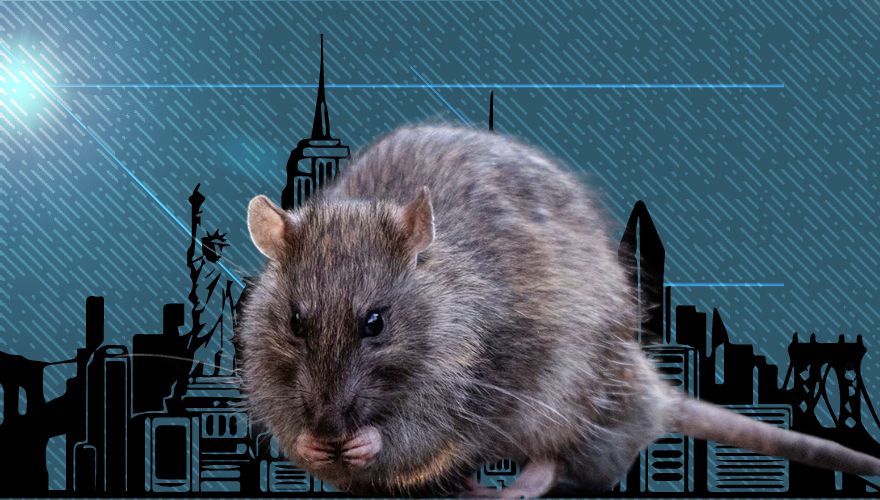New York City has issued a warning to residents about increased cases of an infectious disease spread by rat urine.
The disease, leptospirosis, is trending upwards in the Big Apple after having the highest number of cases on record in a single year in 2023.
In an advisory, the New York City Department of Health and Mental Hygiene warned, "The number of human leptospirosis cases continues to trend upwards; twenty-four cases were reported in New York City (NYC) in 2023—the highest number in a single year."
This year, six cases have been reported to date, but the city is preparing for the number to beat 2023's record.
"Leptospirosis is a zoonotic disease that is present globally and caused by several species of a spirochete bacteria of the genus Leptospira," the city explained. "In NYC, the primary species is Leptospira interrorgans, serogroup Icterohaemorrhagiae which is associated with the Norway rat. Infected animals excrete the bacteria in their urine, and bacteria can persist in warm, moist environments for weeks. Transmission occurs through direct contact with infectious urine or urine contaminated water, soil, or food, entering the body through open wounds or mucous membranes."
The advisory continued, "In NYC, locally acquired cases typically have a history of a residential or occupational exposure to rat urine or environments (including soil and water) and materials contaminated with rat urine (e.g., handling trash bags or bins containing food waste). Person-to-person transmission is rare. The NYC Health Department conducts inspections and works with property owners to remediate rat conditions, if indicated."
Symptoms of leptospirosis may include fever, headache, chills, muscle aches, vomiting, diarrhea, cough, conjunctival suffusion, jaundice, and rash. These usually begin to appear within 5–14 days of exposure.
If left untreated, those infected could end up with kidney failure, meningitis, liver damage, and respiratory distress. It can lead to fatal complications in some cases.
According to the New York City Health Department, dogs are also susceptible to the disease, and vaccines may be available for them. Symptoms in pets can include fever, loss of appetite, vomiting, diarrhea, severe weakness, depression, stiffness, muscle pain, increased thirst, and urination.
If you think your pet may have leptospirosis, contact your veterinarian immediately.

